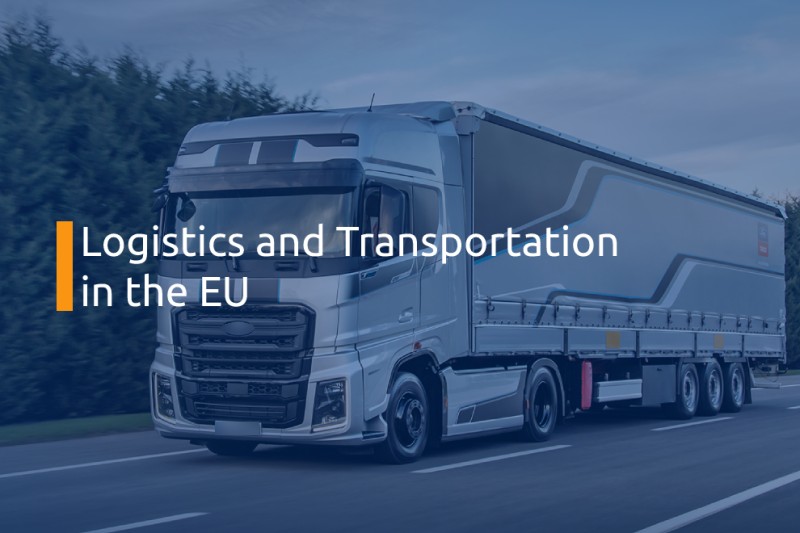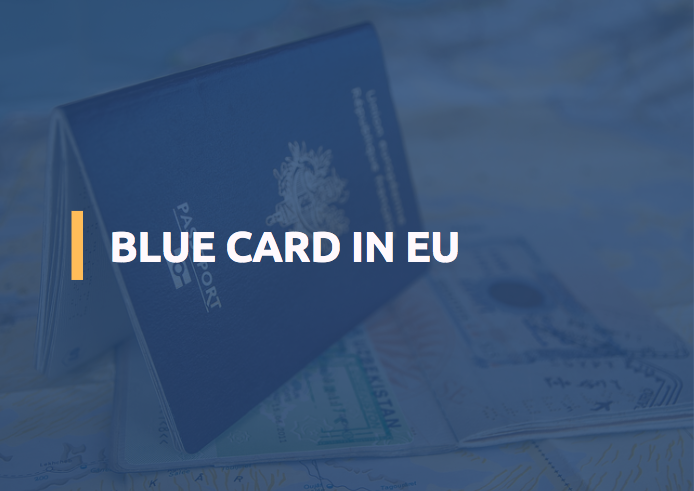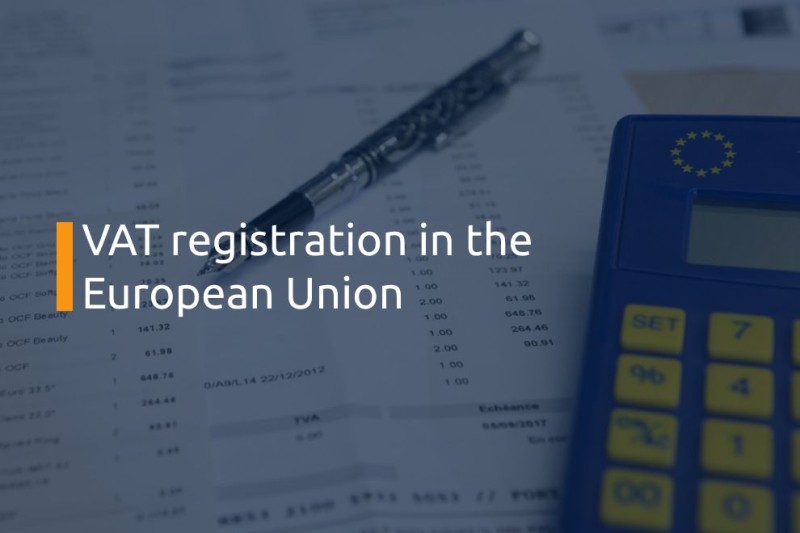The European Union’s logistics and transport industry is a growing and developing segment with an estimated growth of $ 217.52 billion in the 2020-2024 period according to PRNewswire. The overall progress is projected at a CAGR rate of 3% in these years. This is explained by the European Union’s strong attention to the logistics sector, which, according to the European Commission, is essential to the functional and effective EU single market. In the first half of 2020, the logistics industry made up for 11% of investment turnover, according to Savills. Generally, the transport industry accounts for 5% of the EU’s GDP and employs up to 10 million workers, the European Commission reports. Logistics as a whole segment makes up for 10-15% of the price of the developed product. The accelerating digitalization and e-commerce are expected to cause some changes to the global logistics industry.
The European Union saw an increase in industrial investment to €8.2 billion in the third quarter of 2020 and to €4.3 billion in cross-border industrial investment with Poland seeing the biggest growth (€1.1 billion worth transactions), according to Knight Frank. Furthermore, the European Union continuously sets new goals for the development of the transportation system and supply chains. As such, they have outlined a roadmap to a Single European Transport Area which will create an efficient transportation system in the union while adhering to the environmental policies. Their key goals by 2050 include eliminating conventionally-fuelled vehicles and cutting transport emissions by 60%.
Despite certain challenges presented by the COVID-19 pandemic, the logistics segment remains an attractive investment option for entrepreneurs who wish to start a transport company in the European Union.
COVID-19 impact on logistics and transportation in the EU
The COVID-19 pandemic had a significant but not detrimental effect on the logistics market. According to PWC, the forecast decrease of GVA (gross value added) in the European logistics and freight industry was 8.6% in 2020 with the airlines being one of the most seriously affected sectors. Closed borders, heavy reliance on tourism and operational issues created a predictably unfavorable situation on the market. However, COVID-19 did have some positive impacts on the industry, including low fuel prices and the emergence of a more affordable labour market.
Logistics and trucking, on the other hand, saw the lowest decline in the number of M&A deals in 2020 according to PWC. This was also reflected in a higher demand for warehouses. PWC reports that Europe will expect a 17% decline in the road transport industry in 2020 (compared to the global decline of 18%), but the recovery should be smoother than in the case with the airlines. Goods will continue to be transported and the segment will likely have to adapt by creating more sustainable supply chains.
Suppliers of Logistics Industry
Insurance
It is essential to have insurance covering possible damages to the carried cargo due to unpredicted weather conditions, unpleasant encounters or other issues that might arise during the delivery process. It is especially important to have insurance for fragile goods, such as electronics and medicine. You might also wish to get additional insurance on top of the general Civil Liability Insurance, which doesn’t cover damages that resulted due to improper loading. In certain cases, the insurance invoice might be demanded at the customs check, for example, if not all relevant information is mentioned in the commercial invoice.
Truck spare parts and accessories
The automotive parts sector has been growing significantly due to increased demand from the automotive industry producers, especially located in the Asian countries. Here are some of the key European players:
Eurowag – established in 1995 as a petroleum product trader, this company has since grown to have locations all over Europe and become one of the union’s key automotive solution providers. Today, they also offer financial services including tax refunds and insurance.
GPS Gate – this Swedish company is providing tracking services to various sectors, including the automotive industry. Their software offers various tracking abilities, including such specifics as trigger notifications based on the vehicle’s or driver’s behavior.
DKV – for over 85 years, DKV has been providing services for commercial mobility in Europe with over 230,000 contracted partners. Their services include fleet management, financial assistance, and toll services in various European countries.
Driving courses for truck drivers
The European Union strives towards supporting a safe environment on the road – in 2018, the European Parliament decided to establish clear rules for the professional drivers’ training requirements. This included updating the directive, clearly setting age limits, and generally modernizing training. Many companies including WABCO Academy, Marvicon Academy, and various local organizations provide training for truck drivers.
Key challenges in the logistics and transport industry
Creating sustainable supply chains
This is key for ensuring the goods are delivered on time to the correct destinations. The system needs to function efficiently both on the routes and at the warehouses so that customers can expect their shipment on time and can be notified in case of delays.
When it comes to the European warehouses, Amazon has opened several warehouse locations in the EU, including the Czech Republic, Germany, France, Poland, Italy, and Spain. If you would like to make use of a foreign Amazon warehouse, you’ll have to register for VAT in the country of the warehouse’s location prior to selling.
Complying with the environmental regulations
The EU has put in place numerous regulations to reduce emissions. Several memorundums were issued to establish the green house emissions and fuel optimization standards for trucks of various models. Many companies have to optimize routes and invest in alternative fuels.
Dependence on the individual sectors and economic stability
The logistics and transport segment is heavily dependent on the performance of individual sectors, as well as economic and political stability. According to PWC’s report, the recovery of the segment will correlate with the recovery of the related sectors. For example, the automotive industry has been significantly impacted by COVID-19, unlike the food industry which saw almost no effect. Furthermore, political relationships also impact the economy of the logistics segment. The UK leaving the EU on the 31st January 2020 was predicted to negatively affect the logistics industry, creating lines on the border checks and disrupting shipments of goods between the UK and the union.
Logistics associations in the EU
The European Union pays close attention to the development of the logistics segment. Many associations are representing the industry and supporting its growth and innovations.
The European Logistics Association – is a joint union of 30 European associations that formulates the EU’s logistics standards and provides a platform for global cooperation and networking in the industry. They cover many countries in the EU, including the Caribbean regions. Some of their members include the Czech Logistics Association, the Romanian Logistics Association, German BVL, and many others.
The Alliance for European Logistics (AEL)- is another association of companies that provide logistics services within the EU. They cooperate with the European institutions to bring several insights into the role of the logistics industry in reaching the EU’s goals in the following years. It focuses on infrastructure development, ensuring proper enforcement of legislation in the segment and securing the EU internal market for all logistics services.
Europlatforms – is the European Logistics Platforms Association which unites more than 100 various European logistics platforms. Their goal is to represent and defend the logistics platforms’ interests in various EU institutions. Some of their members are the Italian Unione Interporti Riunti, Spanish ACTE and German DGG.






